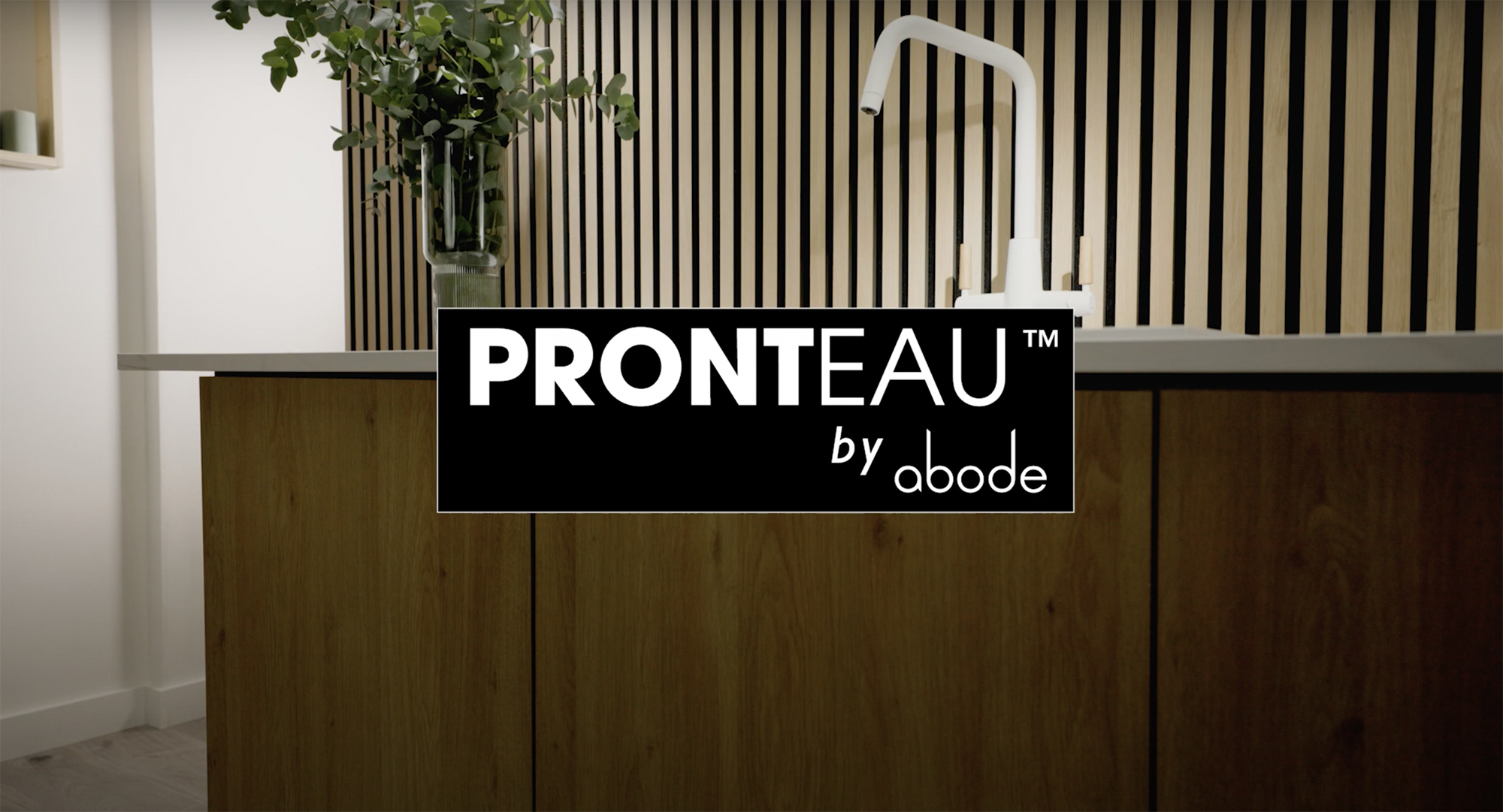Barry Lavin of Denby Kitchen Company believes in retention
One of the fundamental things for me, particularly in the industry we are in, is a professional business model. In my opinion, if as a retailer you are not part of an organisation like the KBSA, for example, or believe in consumer retention, then you’re not professional. Retailers can often be quite negative about retention payments. They are probably expecting not to get the money because something is going to go wrong. But we have never had an issue with getting the outstanding balance paid.
Retention can help build customer trust. Consumers may be worried if they pay their money up front, they are not going to get that job done, or not to their level of satisfaction. I think you score some brownie points with them if you can show you have a retention policy. It’s telling the client you are prepared to stick your neck out and leave money on the table until the job is finished. There’s no greater pull than money.
Draw up contract
Of course, consumers are very fussy now and expect a lot for their coin. We have to work much harder for our money now. According to the latest KBSA member survey, a third of consumers held back their payments without giving a reason. But I would like to know how many had signed a written, legally-binding contract? Once a client is locked in legally by a contract, it is only through a compensation claim they’d have reason not to pay the balance – and the compensation claim is because you’ve done something wrong. Our clients enter into a legal contract to say they will pay upon completion. So we’ve no reason to doubt we’ll get the money back. The contract includes payment schedule and the installation schedule.
Sponsored Video
In our business, the client pays a 25% deposit upon order for products. They pay a 65% interim payment for the products, and then 10% retention on the products. In terms of fitting, they pay the full fitting upon satisfactory completion. The client has a reassurance of a 10% balance on the product, so they know that if something is wrong with the fitting, they are not going to pay the balance on the products. And if there’s something wrong with the products, they are not going to pay the fitting. So the client feels like they are in control of the purse strings.
Wary of cowboys
Of course, you always have to be wary of the cowboy customers. They want the extra discount or things thrown in for free. They’re not interested in the quality. They’re not interested in the overall finish of the installation; they just want it as cheap as possible. If they say they have got 3-4 or maybe even 5 quotes, that’s telling us straightaway there’s no loyalty. If they don’t ask about your products and services but say from day one ‘will you come out and measure the kitchen?’ they don’t what we’ve got to offer and if we’ve got what they want. It’s about being aware and knowing your business, knowing your customer base.
Getting it right
But a retention policy also drives the showroom to ensure everything is right in terms of the design, ordering and supply process. It makes sure the fitters do the job correctly because they know if the job doesn’t get signed off, they’re not going to get paid. It always comes back to your own, professional business model – ensuring everything is right and done properly in terms of supply and installation. I just think it’s the right way to be.
This article first appeared in the July/August issue of Kitchens & Bathrooms News.



